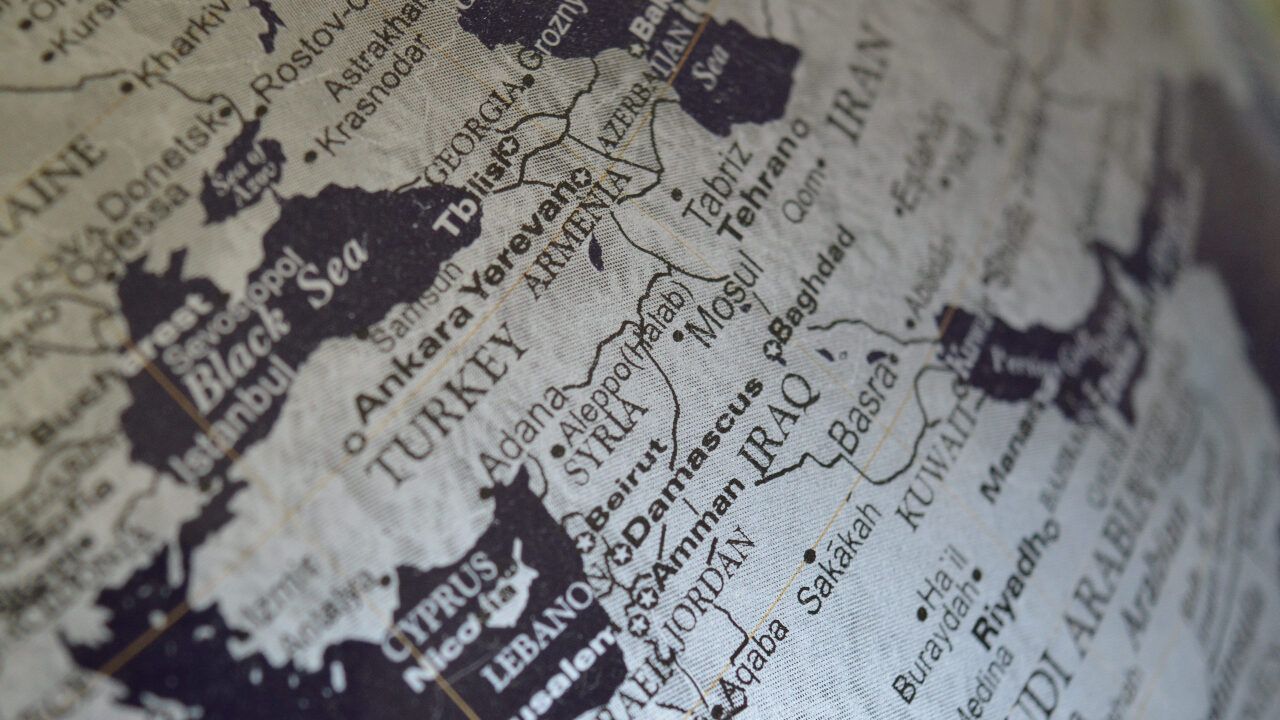Renewed Syria Ties Present Opportunities for Arab Nations After Decade of Hostilities
Reducing Iranian influence, halting drug smuggling and investment opportunities in reconstruction in Syria are some of the possible motivations for Syria's rejoining the Arab world
In a first since the beginning of Syria’s civil war, Riyadh is planning to invite Syrian President Bashar Assad to the Arab League summit it is hosting on May 19, Reuters first reported. This would mark the official reinstatement of Damascus into the Arab League and into the diplomatic network of the Arab world. The move, according to experts, offers many advantages for fellow Arab nations.
The Syrian government, under the Assad administration, was banned from the Arab League organization in 2011 as the civil war in the country erupted. Accordingly, most of the Arab League’s 22 member nations broke ties with Damascus individually, either in a partial or total manner. But in the last year or so, various diplomatic meetings, statements and actions have shown an Arab world offering rapprochement to Syria’s Assad.
In one of the most important of such developments, Saudi Arabia’s state television reported last week that Riyadh is holding talks with Damascus to reopen embassies in each other’s countries. Likewise, Syrian Foreign Minister Faisal al-Miqdad arrived in Cairo on Saturday to meet with Egypt’s Foreign Minister Sameh Shoukry on the first official visit by a Syrian government representative in over 14 years, signaling warming ties.
Ahmed Alqarout, a London-based analyst on the political economy of conflict, placed these recent developments, and Riyadh’s change of heart, in the context of the resumption of diplomatic relations between Saudi Arabia and Iran that took place earlier this month.
“In the last Arab League summit, Saudi Arabia refused Syria’s rejoining the group. However, Saudi Arabia changed its view with the warmer ties with Iran and in the aftermath of the earthquakes,” he told The Media Line, adding that both Riyadh and Teheran want to see a more stable Syria.
The normalization of ties between the Assad regime and the Arab world has deeply disheartened the Syrian opposition
Mohammed Khan, a senior researcher at Rasanah – International Institute for Iranian Studies, a Riyadh-based think tank, described these Saudi reconciliations with Iran and Syria as “recent prominent moves to warm the region’s atmosphere.” However, he told The Media Line that there is a general trend in the Arab world to push Arab states toward reestablishing relations with Damascus.
The Saudi kingdom’s reconciliation with Syria plays a major role in the Arab world’s rapprochement with Damascus. Dr. Afshin Shahi, associate professor in Middle East Politics and International Relations at Keele University, told The Media Line that the change in policy by Saudi Arabia and the United Arab Emirates toward Assad’s government is facilitating the normalization of ties between Syria and other Arab nations.
In recent years, he explained, “President Sisi of Egypt has effectively aligned the country’s foreign policy with that of Riyadh.” As an example, he cites the 2015 Qatar diplomatic crisis, where Cairo’s decisions were consistent with those of Riyadh.
Shahi points out that, with Egypt signaling the reestablishment of ties with Syria, “Qatar remains a player that was involved in the civil war but is still hesitant to re-establish relations with the Assad regime.”
Alqarout explains that this is due to Doha’s ties to the Syrian opposition. He believes that it is unlikely that Qatar will play a significant disruptor role in Syria’s reinstatement into the Arab League.
Khan says that for the new Arab partners of Syria there will be investment opportunities, since the country is devastated by years of war and in need of reconstruction. However, he warns that this will depend on the situation on the ground and whether Iranian proxies will leave Syrian territory, adding that there is a concern that many of these militias have separated from Iran and operate independently since the assassination of Iranian general Qasem Soleimani in 2020.
There is also concern about corruption and lack of transparency in the government which could be a major complication in rebuilding the country, Khan explains.
In addition to taking part in Syria’s reconstruction, reestablishing ties with Damascus could serve to benefit the Arab world in several other ways.
Syria’s neighbor, Lebanon, is at a crisis point, Khan notes. “Helping Syria could be a bridge toward sorting the mess in Lebanon, given Syria’s extensive influence there,” he said.
Khan also says that bringing Damascus back into the Arab fold offers it additional countries to partner with instead of Iran, which Khan believes could reduce Tehran’s influence in Syrian territories.
Alqarout says that, in addition to balancing the Iranian influence in Syria, this reinstating of the country into the Arab League could help to end drug smuggling into neighboring nations, create business opportunities and, therefore, stabilize the region by allowing the creation of a better-functioning regional market.
On the other hand, says Shahi: “The normalization of ties between the Assad regime and the Arab world has deeply disheartened the Syrian opposition.”
He explains that after a decade of using Syria as a playground for a proxy war that has included many casualties, refugees and destruction, “these countries are rolling out the red carpet for the same Syrian officials they once sought to remove.” He adds that this shift in regional dynamics has left many Syrians questioning the motives and priorities of the involved states.
Shahi notes that the normalization with Assad does not mean that all disagreements have been resolved. “Both Saudi Arabia and Egypt remain uncomfortable with the role of Iran and its affiliated militias in Syria,” he cited as an example.
This ongoing concern demonstrates that, while relationships may be improving, there are still significant differences to address within the region.


